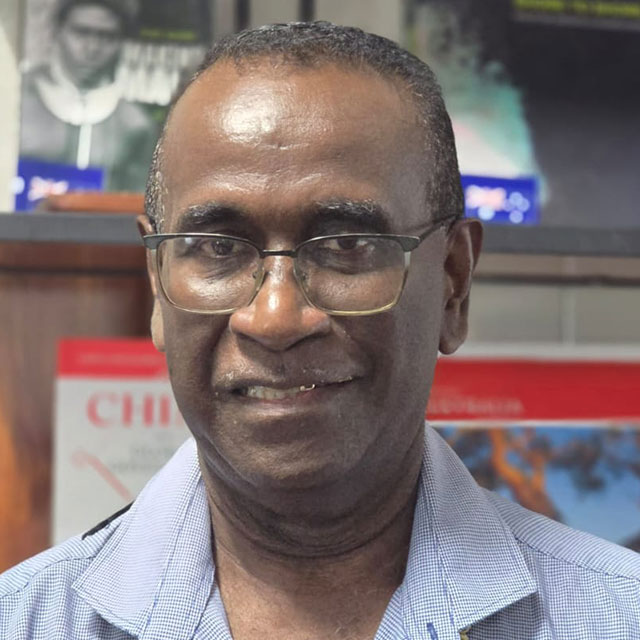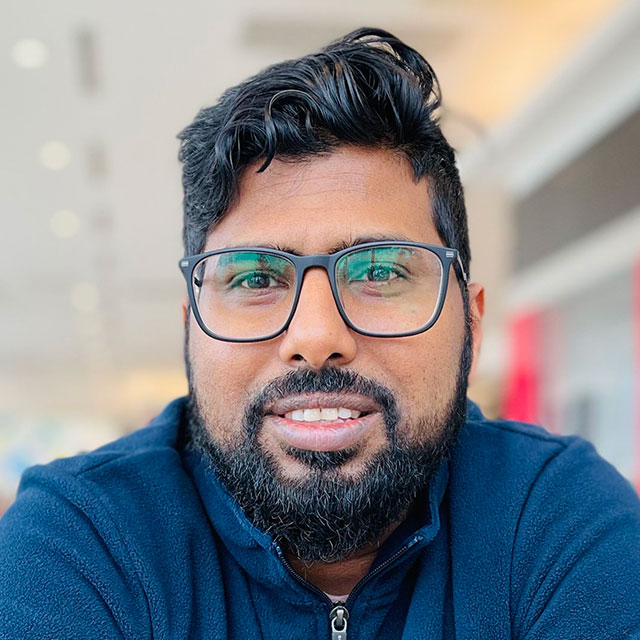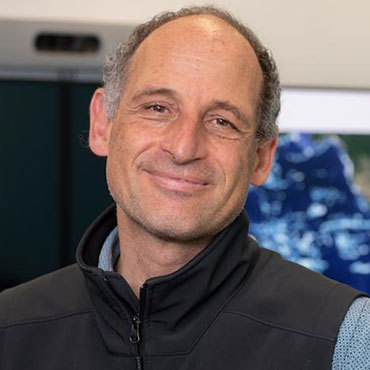Professor Transform Aqorau is the Vice Chancellor of the Solomon Islands National University. He is a renowned legal and policy expert on ocean governance, fisheries management, and the sustainable use of marine resources in the Pacific. Over the course of his career, Professor Aqorau has held senior advisory roles with the Pacific Islands Forum Fisheries Agency, the Parties to the Nauru Agreement, and the Solomon Islands Government, among others. He has been instrumental in advancing regional cooperation on tuna fisheries management and is a leading voice on climate ocean policy and governance interlinkages in the Indo Pacific. He holds a PhD in International Law from the University of Wollongong and has published widely on fisheries law, ocean diplomacy, and Pacific regionalism. Professor Aqorau is deeply committed to ensuring that institutions of higher learning contribute actively to sustainable development and climate resilience in the Pacific.
Prof. Transform Aqorau
Vice-Chancellor Solomon Islands National University


